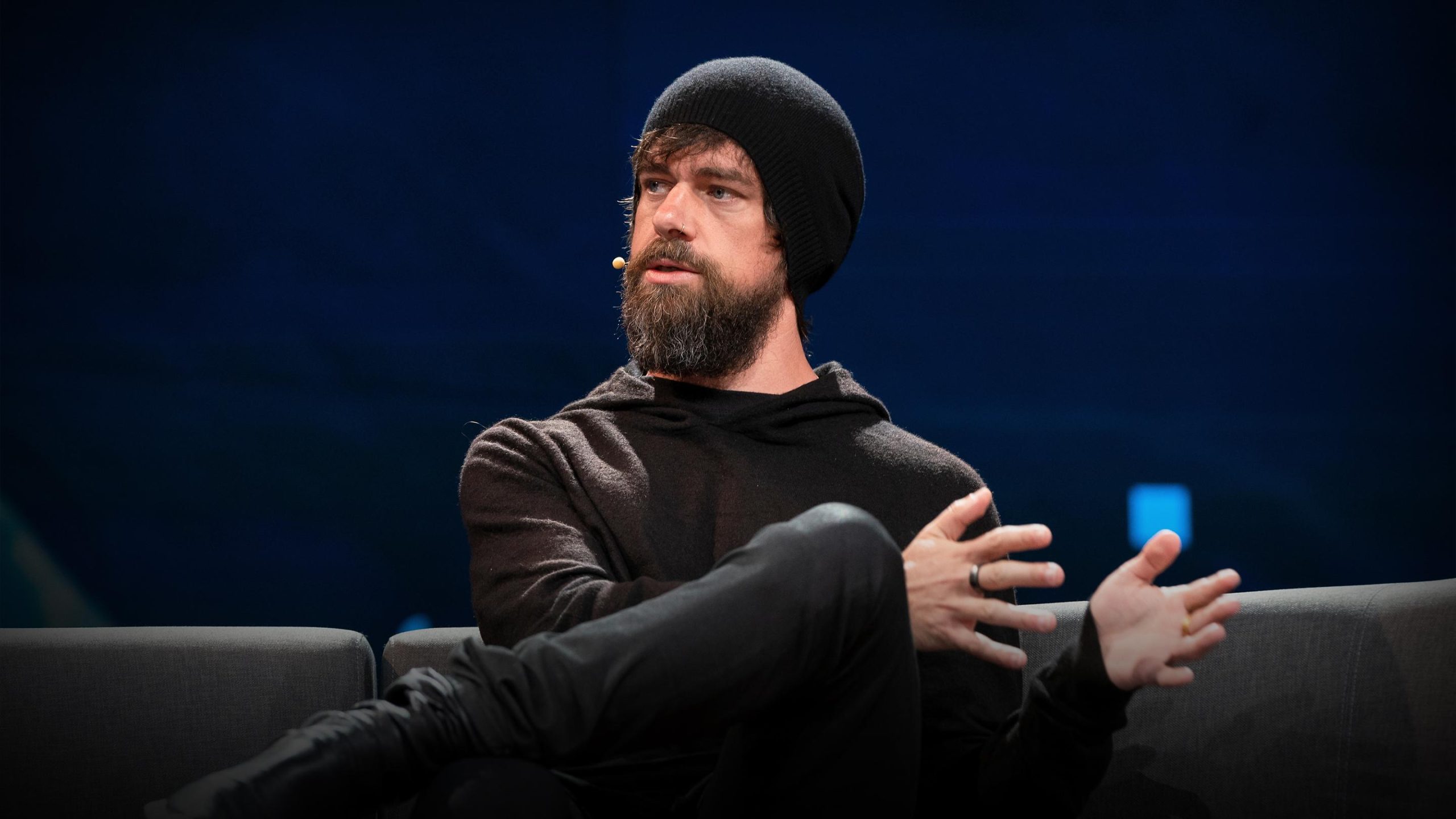Jack Dorsey, the co-founder and former CEO of Twitter, has been both praised and criticized for his leadership of one of the world’s most influential social media platforms. Dorsey’s vision for Twitter as a platform for real-time communication and global dialogue revolutionized how people share information and engage with the world. However, his tenure as CEO was also marked by significant controversies, particularly regarding Twitter’s role in censorship, free speech, and political discourse.
Dorsey’s approach to content moderation has been a central point of contention. Under his leadership, Twitter implemented policies to combat misinformation, hate speech, and harassment, but these efforts have been met with criticism from across the political spectrum. Conservatives have accused Twitter of silencing right-leaning voices, particularly in the wake of high-profile account suspensions and content removals. Dorsey has defended these actions as necessary to maintain a safe and inclusive platform, but the debate over censorship on Twitter continues to rage.
Dorsey’s personal beliefs, including his advocacy for decentralized technologies and cryptocurrencies, have also influenced his leadership at Twitter. His interest in promoting blockchain technology as a means to decentralize social media has sparked interest but also raised questions about the practicalities of such an approach. Critics argue that while decentralization may protect free speech, it could also make it more difficult to combat harmful content.
Another area of controversy during Dorsey’s tenure was Twitter’s role in political discourse, particularly during the 2020 U.S. presidential election. The platform’s decision to label or remove certain tweets, including those from then-President Donald Trump, led to accusations of bias and calls for greater regulation of social media companies. Dorsey’s attempts to navigate these challenges highlighted the complexities of managing a platform that has become central to global communication.
Since stepping down as CEO, Dorsey’s influence over Twitter has waned, but the issues that defined his tenure remain. As Twitter continues to grapple with questions of free speech, censorship, and the future of social media, Dorsey’s legacy as a visionary leader who faced unprecedented challenges will be closely examined.


